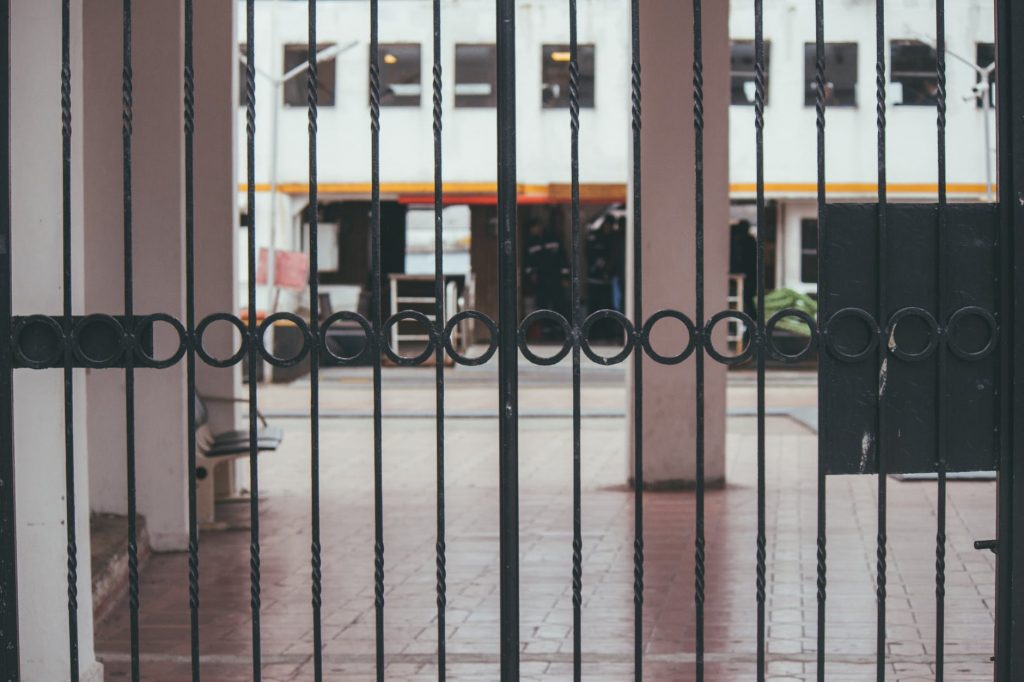An electric gate company has been handed a £30,000 fine for health and safety failings that led to the death of a six-year-old boy.
The incident occurred in an underground car park on Leylands Road, Leeds on 31 October 2015.

Leeds Crown Court heard how the boy, along with his friends, had been playing on the large sliding metal gate, pushing it open and closed. Tragically, the gate suddenly came off its hinges and fell on top of the youngster, trapping him underneath it. The boy sadly died as a result of his injuries.
What went wrong?
An investigation by the Health and Safety Executive (HSE) discovered that the company that had manufactured and installed the gate had failed to fit an endstop to the gate track. These must be fitted to ensure safe operation. Due to this oversight, the gate was able to be pushed beyond the retaining mechanism, which caused it to fall onto and fatally crush the child.
Despite having conducted several checks over six years, nobody involved in commissioning or maintaining the gate had spotted and rectified the defect.
This incident follows numerous similar cases over recent years where gate failures, specifically the lack of effective travel stops, have resulted in serious injury and even death.
Sentencing
Bradford-based steel fabrication company Bradfabs Ltd pleaded guilty to breaching Section 3 (1) of the Health and Safety at Work etc Act 1974. This requires employers and the self-employed to take whatever measures are reasonably practicable to ensure the health and safety of those other than themselves and their employees, such as volunteers, customers and members of the general public.
It was fined £30,000 and ordered to pay full costs of £12,411.46.
We must do better

Following the hearing, HSE inspector Julian Franklin said: “This was a tragic and wholly avoidable incident, which could have been prevented by a thorough commissioning check before handing the gate over to the building occupier.”
Tamworth-based trade association DHF (Door and Hardware Federation) has also called on the industry to “do better” with regards to training and compliance.
While it was manufacturer rather than the maintenance company that was held liable in this case, Nick Perkins, Senior Training and Compliance Officer at DHF, has reminded those within the industry that “legal responsibilities exist in equal measure for manufacturers, installers, owners, managers, maintainers and repairers”.
He stressed: “The only way that anyone in our industry can remain immune from legal liabilities is to ensure that the systems they manufacture/install are safe and that all existing systems are left in a safe condition following maintenance or repair. Safe and compliant systems do not lead to injury, death or prosecution.”

Nick Wilson
Director of Health & Safety Services
Expert Comment
It is imperative that companies are aware of the duty of care they have to others who are not in their employment, including members of the public. Particular attention should be given to any equipment or plant within the workplace that may be considered attractive to children.
If it is not feasible to prevent access, as in the case described above, the company should certainly ensure that they have taken reasonably practicable measures to control the risks, as the HSE will not hesitate to take appropriate enforcement action against those that fall below the required standards.





